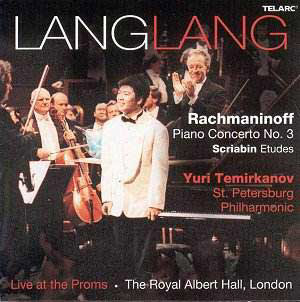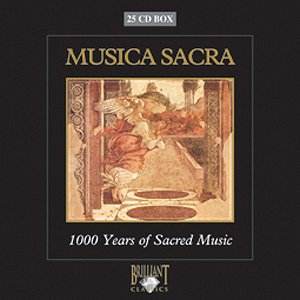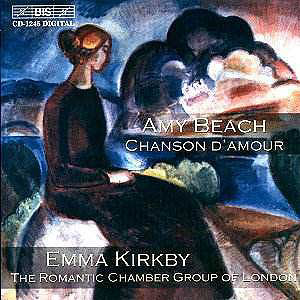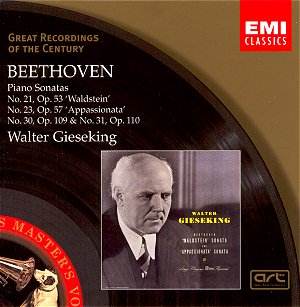 Composer: César Franck
Composer: César Franck
Works: The Great Organ Works: Six Pieces, Three Pieces, Three Chorals
Performers: Jean-Pierre Lecaudey (organ)
Recording: Abbey of St Ouen, Rouen, France, 2-5 September 1997
Label: Pavane Records ADW 7401/2
César Franck’s organ works stand as monumental pillars in the canon of late Romantic music, embodying both the spiritual intensity of his Catholic faith and the innovative spirit of 19th-century France. The present collection features his most significant organ compositions, showcasing a composer who not only defined the organ repertoire of his time but also laid the groundwork for future generations, influencing figures from Widor to Messiaen. The Six Pieces (1862), the Three Pieces (1878), and the Three Chorals (1890) are not merely isolated gems; they represent a cohesive evolution of form and expression that reflects Franck’s deep engagement with the organ as an instrument capable of profound emotional and theological resonance.
Jean-Pierre Lecaudey’s interpretation of these works reveals a remarkable understanding of Franck’s idiosyncratic syntax. From the outset, the “Fantasia in C” presents a meditative atmosphere, albeit with moments of inertia that some may find lacking in dramatic impact. However, Lecaudey’s control of the organ’s swell-pedals allows for an expressive nuance that may initially appear subdued but gradually unfolds into a tapestry of sound that is both rich and textured. The “Grande Pièce Symphonique,” in stark contrast, bursts forth with a symphonic breadth that is nothing short of exhilarating. Lecaudey deftly navigates its intricate structure, characterized by the composer’s hallmark “terracing” of sound layers. This movement is a testament to Franck’s ability to synthesize thematic material into a cohesive narrative, with Lecaudey’s climactic build achieving a formidable intensity that resonates within the sacred space of the Abbey of St Ouen.
The lighter pieces following the Grande Pièce, such as the “Pastorale” and “Prélude, Fugue and Variation,” showcase Lecaudey’s sensitive registration choices. The “Pastorale,” for instance, employs a delicate texture that highlights the interplay of voices, while the “Variation” features crisp articulation and judicious use of organ stops, a testament to Lecaudey’s keen interpretative insight. The “Final,” an extraordinary tour de force, builds on a deceptively simple five-note motif, showcasing Franck’s ingenuity in thematic transformation. Lecaudey’s execution here, particularly with the prominent French reeds, brings forth a thrilling culmination that captures the listener’s imagination.
The second disc, dedicated to the Three Pieces and the Three Chorals, further solidifies Lecaudey’s stature as a contemporary interpreter of Franck’s oeuvre. The sound engineering deserves commendation as well, with the recording providing a spacious yet immediate acoustic that enhances the organ’s natural resonance, allowing the listener to appreciate both the subtleties and the grandiosity of the performance. The clarity of articulation, combined with the richness of timbre, creates an immersive listening experience that invites repeated engagement.
This collection stands not only as a tribute to Franck’s genius but also as an essential contribution to the organ repertoire. Lecaudey’s interpretations are both respectful of tradition and infused with a contemporary vitality that breathes new life into these venerable works. The profound connection he establishes with Franck’s music, coupled with the superb sound quality, renders this recording indispensable for both devotees of organ music and newcomers alike. The overarching narrative of these pieces, captured so vividly by Lecaudey, invites a deep reflection on the spiritual and emotional landscapes Franck so masterfully navigated.



